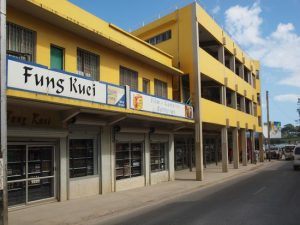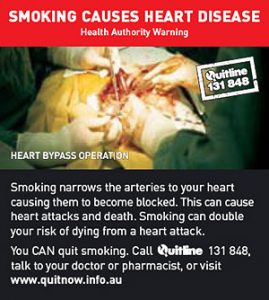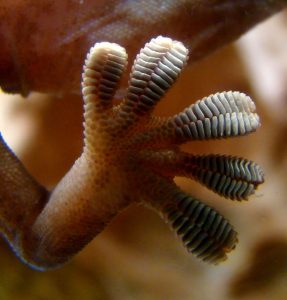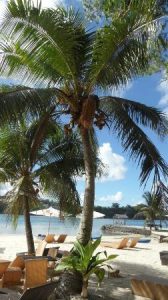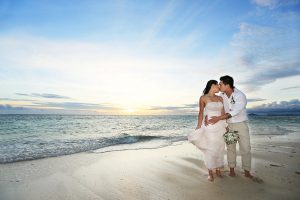 The Fiji government has taken a firm stand on the legalities of getting married for visiting couples. For a while they were allowing resort wedding coordinators lodge paperwork but no longer. Couples have to go to the registry office on the mainland in person with original documentation (passports, birth certificates, divorce papers/death certificate if applicable). Denarau resorts arrange transfers to the office in Nadi and Coral Coast resorts to the office in Sigatoka.
The Fiji government has taken a firm stand on the legalities of getting married for visiting couples. For a while they were allowing resort wedding coordinators lodge paperwork but no longer. Couples have to go to the registry office on the mainland in person with original documentation (passports, birth certificates, divorce papers/death certificate if applicable). Denarau resorts arrange transfers to the office in Nadi and Coral Coast resorts to the office in Sigatoka.
The only time it becomes a hassle is if you are having an island wedding and flight times don’t match up with registry office hours and launch transfers. An early afternoon arrival should give time for both to avoid a night in Nadi before heading to the island. The registry office closes at 4pm Monday to Friday. While launch transfers back in from an island may only take an hour or so, there are only a few transfers each day so it is a waste of time and money to return from the island just to do the paperwork.
Couples also have to attend the registry office in person in the Cook Islands. In Vanuatu there’s no need to visit the registry office in person because we lodge copies of the documentation required before you arrive so all is ready to go on the Big Day.
Photo: Castaway Island couple










